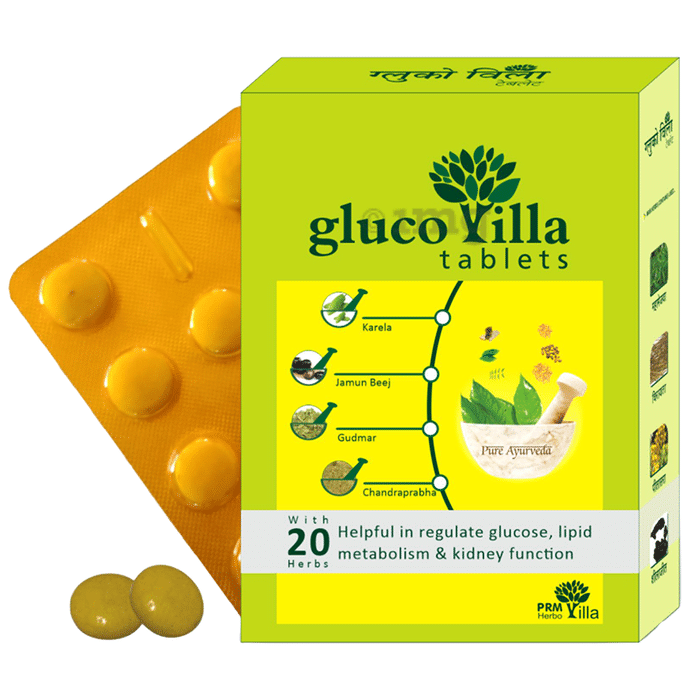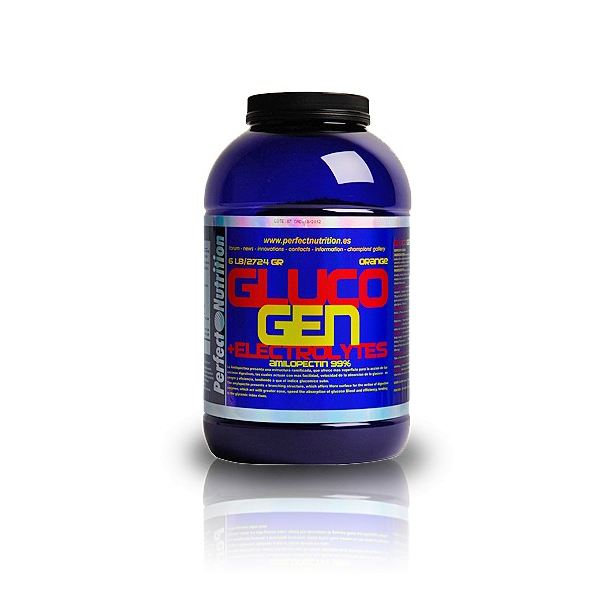

However, three of these trials were limited by small sample size ( n = 12–18) ( 6, 7, 8). Yet, the five studies that used the gold-standard method to assess insulin sensitivity, the hyperinsulinemic-euglycemic clamp, found no effect of vitamin D supplementation on insulin sensitivity ( 6, 7, 8, 9, 10). A meta-analysis concluded that variable results among RCTs could be explained by heterogeneous study populations in terms of ethnicity, glucose tolerance and vitamin D status, by variations in vitamin D dosage and duration of treatment and by use of surrogate measures of insulin sensitivity ( 4, 5). However, randomised controlled trials (RCTs) of vitamin D supplementation have shown inconstant effects on measures of insulin sensitivity, insulin secretion and β-cell function.

Since low vitamin D status is highly prevalent worldwide ( 3), the potential role of vitamin D supplementation in improving glucose homeostasis generated great enthusiasm among scientists and clinicians. Keep out of the reach of children.Low serum 25-hydroxyvitamin D (25(OH)D) has been associated with an increased risk of developing insulin resistance and type 2 diabetes in prospective observational studies ( 1, 2).

If you are pregnant, nursing, taking medications or have a medical condition, please consult your healthcare practitioner before use. Other Ingredients: microcrystalline cellulose, vegetable stearine, rice extract, rice bran extract. Gymnema (leaf), Benfotiamine (lipid soluble derivative of Vitamin B1), Eleuthero (root), L-Glutamine, L-Taurine, Bitter Melon (fruit), Inositol, Asian Ginseng (root), Fenugreek (seed), Acetyl L-Carnitine, Amylase (vegetable), Lipase (vegetable), Protease (vegetable), Quercetin, Alpha Lipoic Acid, Coenzyme Q10, Vanadium (as vanadyl sulfate). Pantothenic Acid (as d-calcium pantothenate) 30mg Vitamin B-6 (as pyridoxine hydrochloride) 15mg


 0 kommentar(er)
0 kommentar(er)
